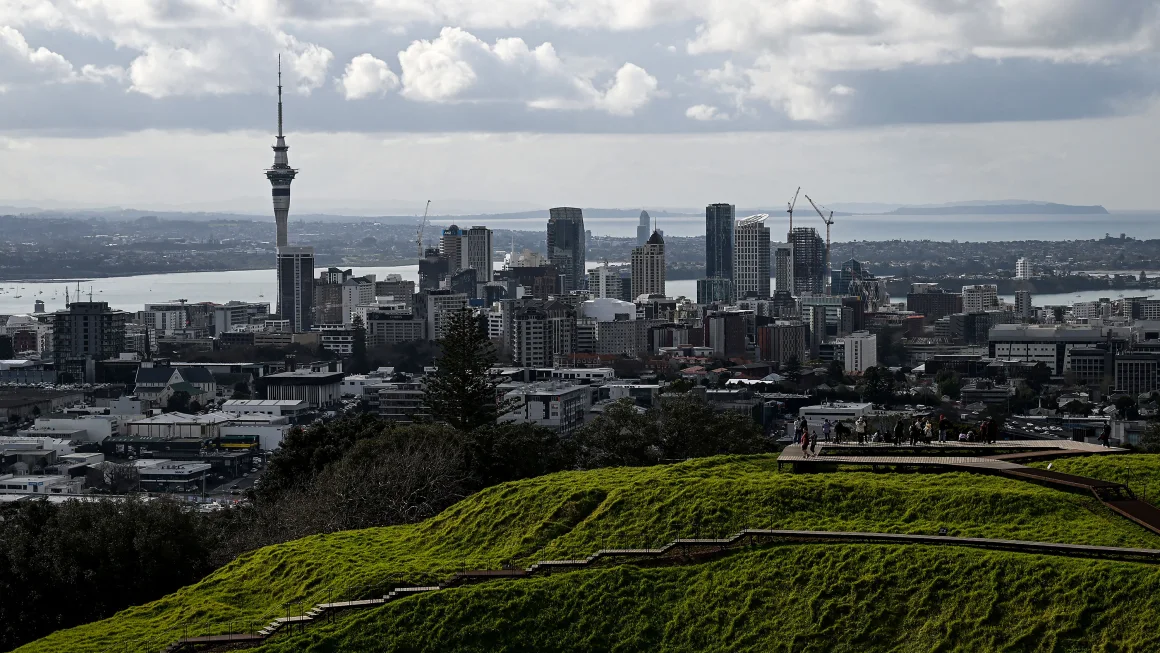New Zealand has implemented stricter visa regulations in response to what it deems as “unsustainable net migration” levels. The changes, effective immediately, introduce additional criteria such as skills and language requirements while reducing the lengths of work permits issued to international citizens.
Immigration Minister Erica Stanford emphasized the government’s commitment to “better testing the local labor market and reducing the risks of putting New Zealanders out of work.” The move aims to prioritize highly skilled migrants, particularly in sectors experiencing shortages like secondary teaching, while ensuring opportunities for local job seekers.
According to Stanford, 173,000 non-New Zealanders migrated to the country in 2023, highlighting the need for measures to manage migration flows effectively. The government seeks to address concerns about potential job displacement among New Zealand citizens by placing them at the forefront of job opportunities where skills shortages do not exist.
The reforms are part of a broader effort to develop a “smarter immigration system” that aligns with the country’s changing economic landscape. The government aims to attract top talent, revitalize international education, and ensure sustainability while managing migration risks effectively.
Key changes include the introduction of an English language requirement for migrants applying for low-skilled roles and a focus on verifying applicants’ work experience and skills by employers before offering jobs. Additionally, the duration of several work visas has been reduced to two years, with maximum continuous stay periods shortened to three years.
New Zealand’s Prime Minister, Christopher Luxon, has previously voiced concerns about the sustainability of high migration rates, describing the existing immigration system as problematic. These regulatory adjustments reflect the government’s efforts to address these challenges and create a more balanced and responsive immigration framework.
As New Zealand takes steps to manage migration more effectively, its neighbor Australia has also announced measures to address the influx of migrants, indicating a broader regional trend towards immigration management.






